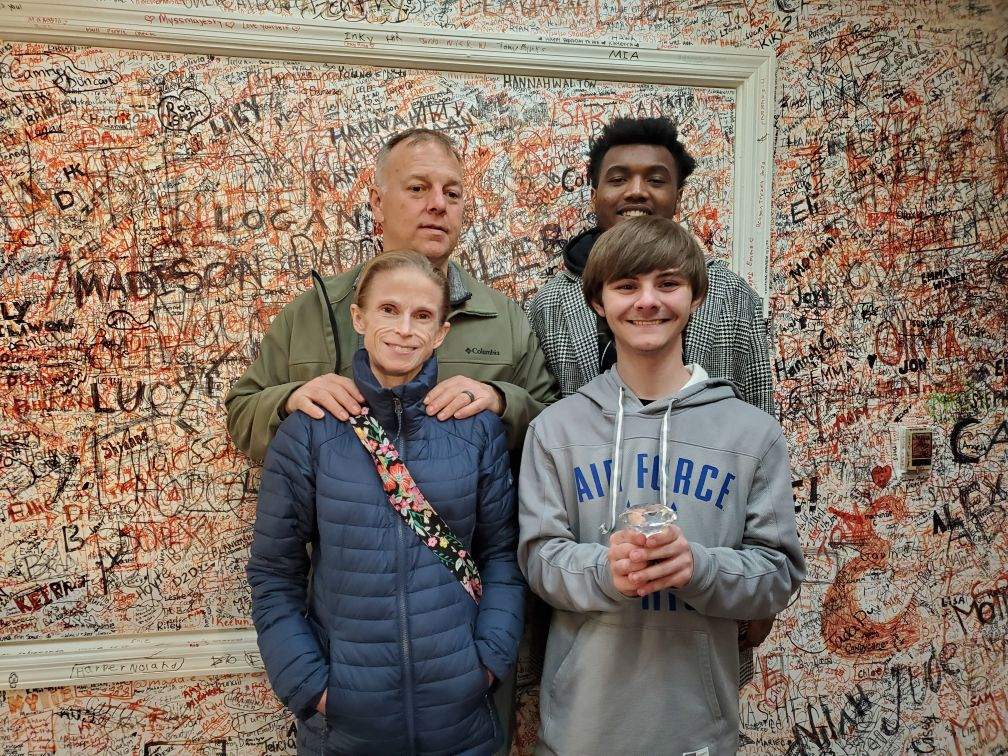When I had just turned 15 I was put into foster care. An event that would forever alter my life.
That night is forever ingrained in my mind. Papers were served to my parents stating that the judge had made a ruling to remove me from them just hours ago. With no warning, my life had been uprooted and I was placed into the care of my aunt and uncle where I would remain for a year.
Around six months before my 16th birthday, they sat me down one night and told me that they had found me a foster family that was willing to take me in and be able to support me in ways that they no longer could. My aunt and uncle had their own children who were starting to have grandchildren; they just couldn’t give the full time commitment needed to raise a teenager. At the time, I had felt betrayed but I now understand why they did that, and I don’t hold it against them in any way.
When you are put into the foster care system, you are assigned a caseworker who manages your placement and what happens in your life. In the three years I’ve been in the system, I have been given three different caseworkers that have either left the system in search of better working conditions or that have moved up in the system hierarchy. These caseworkers are overworked and underpaid for the work they do. Case workers often have to deal with multiple cases at a time, which can be stressful and overwhelming.
This high turnover rate makes it hard to build relationships with a caseworker with how often they end up leaving. Kids in the system already have a hard time building relationships after being placed with a totally different family that they have never met, but now the worker they had known for the last year is leaving so they have to build a new relationship with the next caseworker. This is more problematic for kids that aren’t a problem in the system. They see them as easy cases for new workers to take on, therefore allowing them to get passed around.
The US Foster System is flawed in many ways. One main reason is how long it takes them to take action against parents that are unable to care for a child. The system operates under the assumption that if they have food in the fridge, they have a lock on the door, and they have a roof over their head then they don’t need to take action. There needs to be multiple groups that have to agree that the kids need to be taken into care before anything can actually be done.
Due to the sensitive nature of some content for this story, H.C. preferred to not use their full name.
In my case, they took more than three years before they took action. They had no clear signs of abuse so they never did anything even when I asked for them to do something. My family members had been making reports over the years, but it became more pleading for them to do something when I started asking for warm meals and a place to stay. This shows that even after three years of reports, they were not taken seriously. My attendance at school was very inconsistent but they still say no need to investigate further after asking how I was in front of my biological parents. It took years and my school stepping in before the system would reach out to my family to start building a case.
In 2020 when I had been taken into care, I was fortunate enough to be placed with family, but other kids may not be so lucky. In that same year, 12,650 youth had been taken into the foster care system in Missouri. With the large amount of kids taken into care, there has been a shortage of homes for those kids. Along with that, there was only about 5,000 licensed foster homes in the state, and that number continues to drop each year. The alternate option to a foster home is a group home where you live with other kids in the system that ages can range from infants to 21. There has been an increasing need for foster parents over the years, but now that need is higher than ever.




